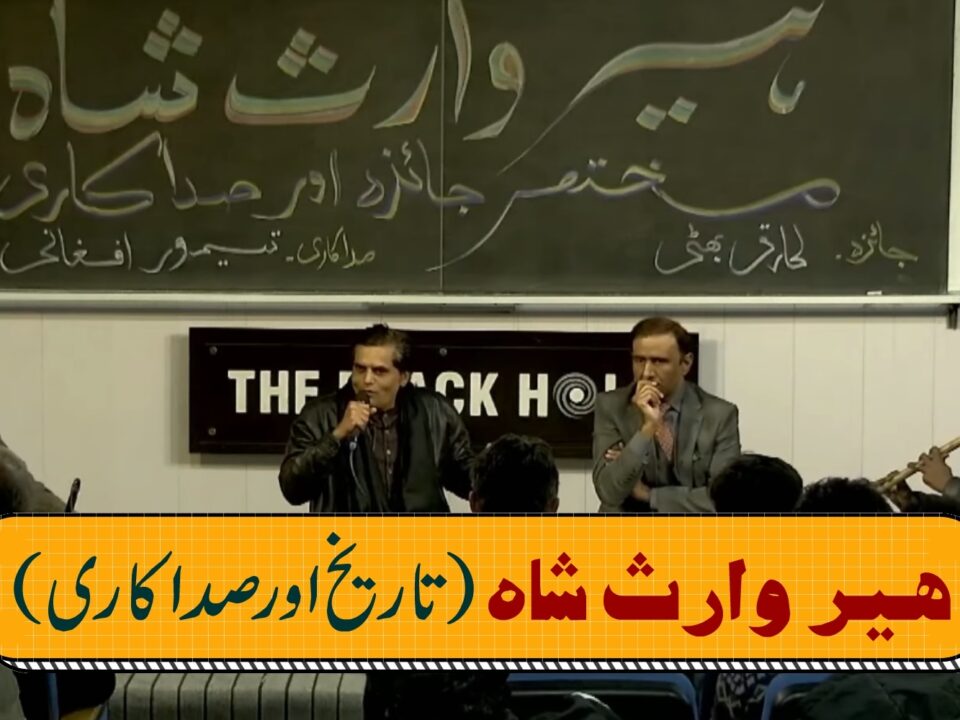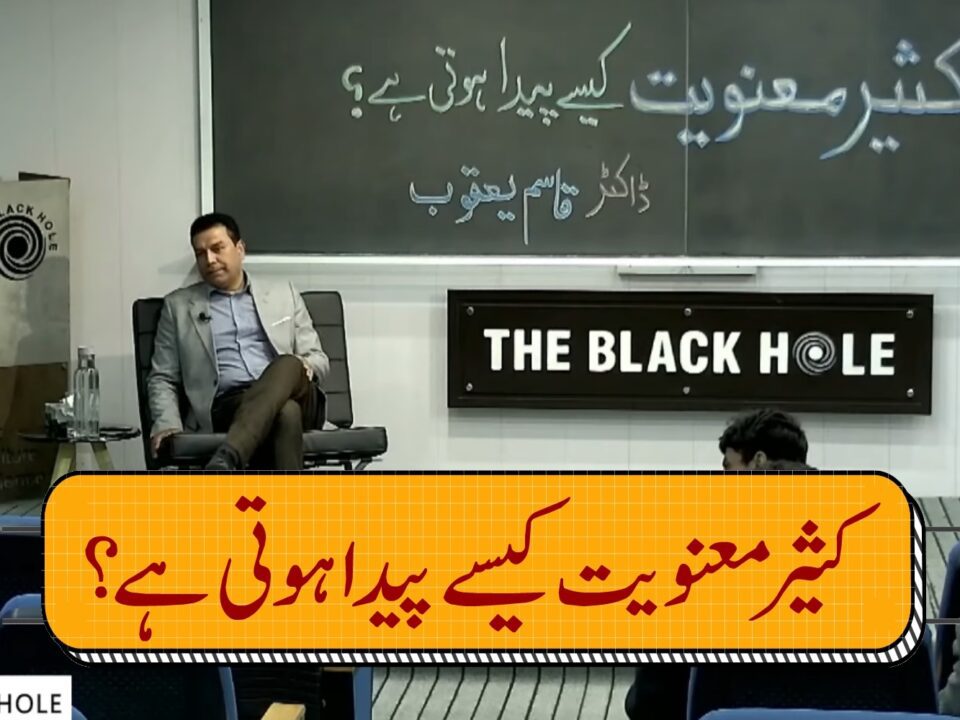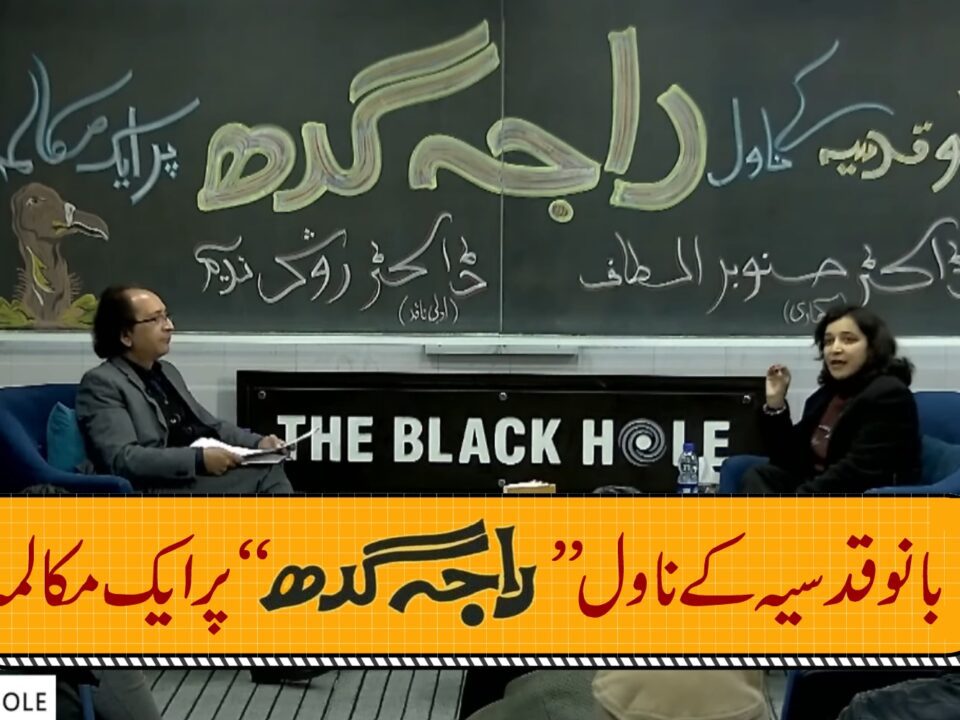Interfaith Harmony in Youth

Book Launch: “Meer Jaan” | A Novel by M. Amir Rana
November 28, 2022
Rise of Modern China: Lessons and Questions
January 30, 2023Religious extremism is a continuing problem in Pakistan despite the immense diversity of religions, faiths, cultures, and languages etc. in the country. Extremism has manifested in acts of violence against members of other faiths.
This culture of intolerance, even if nonviolent, could affect the youth by either making them the targets of intolerant rhetoric and violence, or making them intolerant themselves. In this backdrop, the Pak Institute for Peace Studies (PIPS) has designed an advocacy campaign for interfaith harmony, engaging a critical class of citizens – the youth.
About the speaker:
Usama Khilji is an activist, researcher, and columnist from Pakistan. He is cofounder and Director of Bolo Bhi, an advocacy, policy, and research citizens group focused on digital rights and internet policy. He is a columnist at Dawn, and board member of the Global Network Initiative. He also serves on Facebook’s privacy experts group for Asia Pacific, and was a 2021 member of the World Economic Forum’s Global Future Council on Systemic Inequality and Social Cohesion. He is an adjunct faculty member in Mass Communication at the National University of Science and Technology in Islamabad.
Usama regularly trains member of the judiciary in Pakistan on matters related to cybercrime and internet regulation, and conducts digital security trainings for journalists and human rights defenders.
Khilji has written for Slate Magazine, Al Jazeera English, LSE’s South Asia Blog, LSE Review of Books, Herald, and Aurora Magazine. He is a regular speaker at events related to democracy, human rights, social media, press freedom, and gender, including at the UN’s IGF, the Atlantic Council, UNESCO, UNDP, USAID, RightsCon, Columbia University, and Internews.
Usama holds an MSc in Comparative Politics from the London School of Economics and Political Science (LSE) where he was a Chevening scholar.



